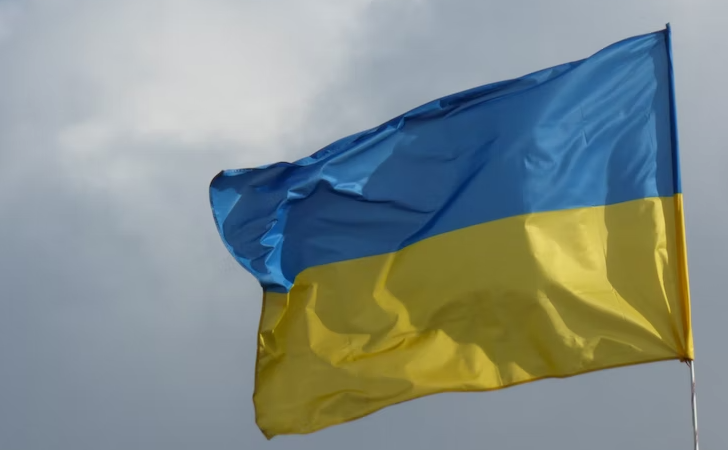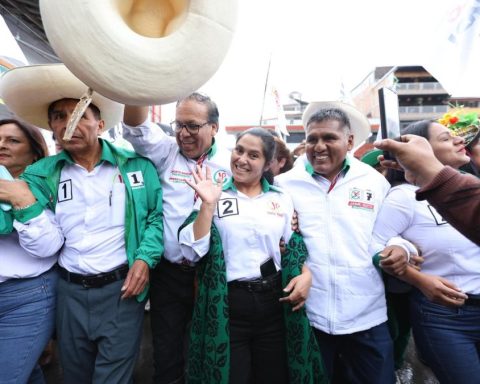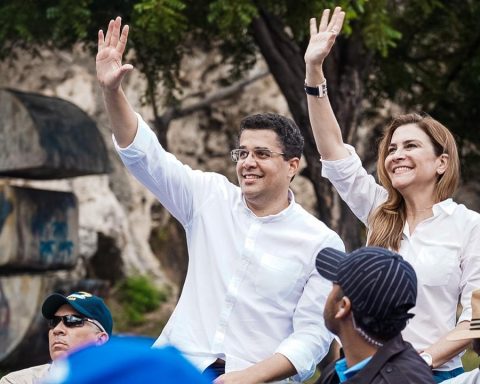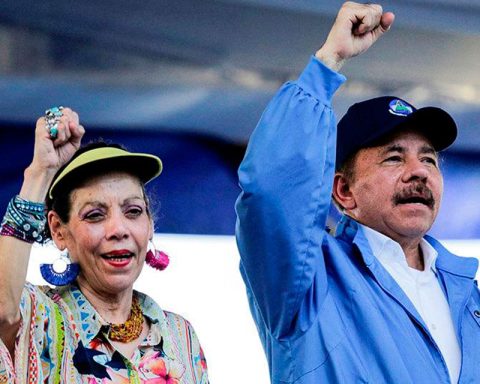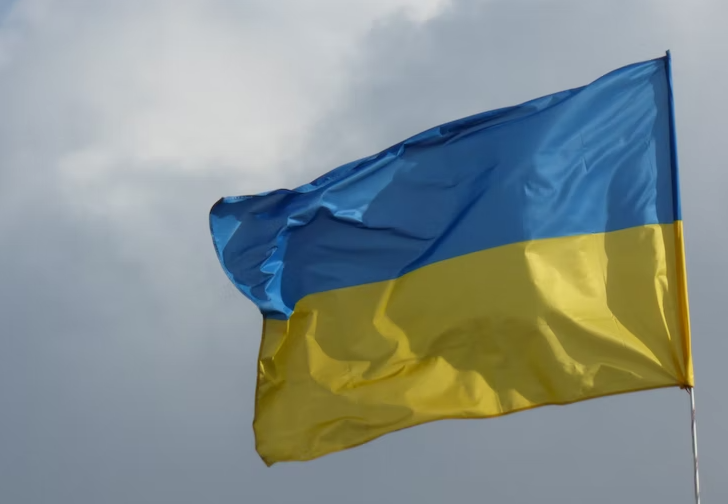
The Uruguayan Executive Power remarked this Saturday that it will not recognize the annexation of four Ukrainian territories by Russia, signed this weekend by Vladimir Putin.
The government of Luis Lacalle Pou expressed, through a statement from its Foreign Ministry, that “appeals again” for Moscow to cease its “armed aggression” and immediately withdraw its army from the occupied territories.
Russia coordinated, with local pro-Russian leaders, four annexation referendums for the territories of Donetsk, Luhansk, Kherzon and Zaporizhia, processes that did not have certified international observers or democratic guarantees, and that even the United Nations (UN) has condemned. .
“As is clearly evident, the declaration of accession, in one context and of aggression against another State, is in violation of the Charter of the United Nations and International Law,” the Ministry of Foreign Affairs said in its statement, adding that the “misnamed referendums” cannot be considered as a free expression of the popular will.
Additionally, he stressed his support for Ukraine and its internationally recognized borders and, to Russia, reiterated the call to cease hostilities prior to an immediate withdrawal.
rejections
I am already several countries that have demonstrated against the pro-Russian annexationist referendums, as well as human rights organizations.
The United States, one of Ukraine’s most important allies during the conflict, announced days before “it will never recognize” these processes and its president, Joe Biden, described them as “shameless measures”. “The so-called referendums were a farce, an absolute farce. The results were fabricated in Moscow, and the true will of the Ukrainian people is evident every day as they sacrifice their lives to save their people: to maintain the independence of their country, and then the defense of freedom,” he stated.
A similar position was presented by the UN, rejecting the results of the four referendums that began on September 23. “These consultations cannot be considered a genuine expression of the popular will and cannot be seen as legal according to international law,” the organization assured. During the voting, “the de facto authorities were accompanied by soldiers door to door with ballot boxes,” he denounced.
Costa Rica was another of the countries that denied the legality of these annexations, which are the largest since World War II. “Rica will not recognize as legitimate any territorial acquisition resulting from the threat or use of force in violation of the sovereignty, political independence and territorial integrity of Ukraine and which, moreover, is incompatible with the principles of the United Nations Charter. United”, reads a statement from its Foreign Ministry.
For its part, the Spanish Ministry of Foreign Affairs condemned the annexation processes, which it described as “illegal” that do not enjoy “credibility or legitimacy”.
From the human rights organization, Amnesty International, they took the same position, saying that “the so-called ‘referendums’ are a ruse by Russia to illegally annex Ukrainian territory, which would mean another aggravation of Russia’s war of aggression against Ukraine and a further proof of the Kremlin’s profound disregard for international law and the rights of people living in the territories under its occupation. The fourth Geneva Convention expressly prohibits the annexation of an occupied territory, as well as other acts by the occupying power to deprive the population of the occupied territory of the protection of the Convention”, in the words of the director of the NGO for Western Europe and Central Asia Denis Krivosheev.
